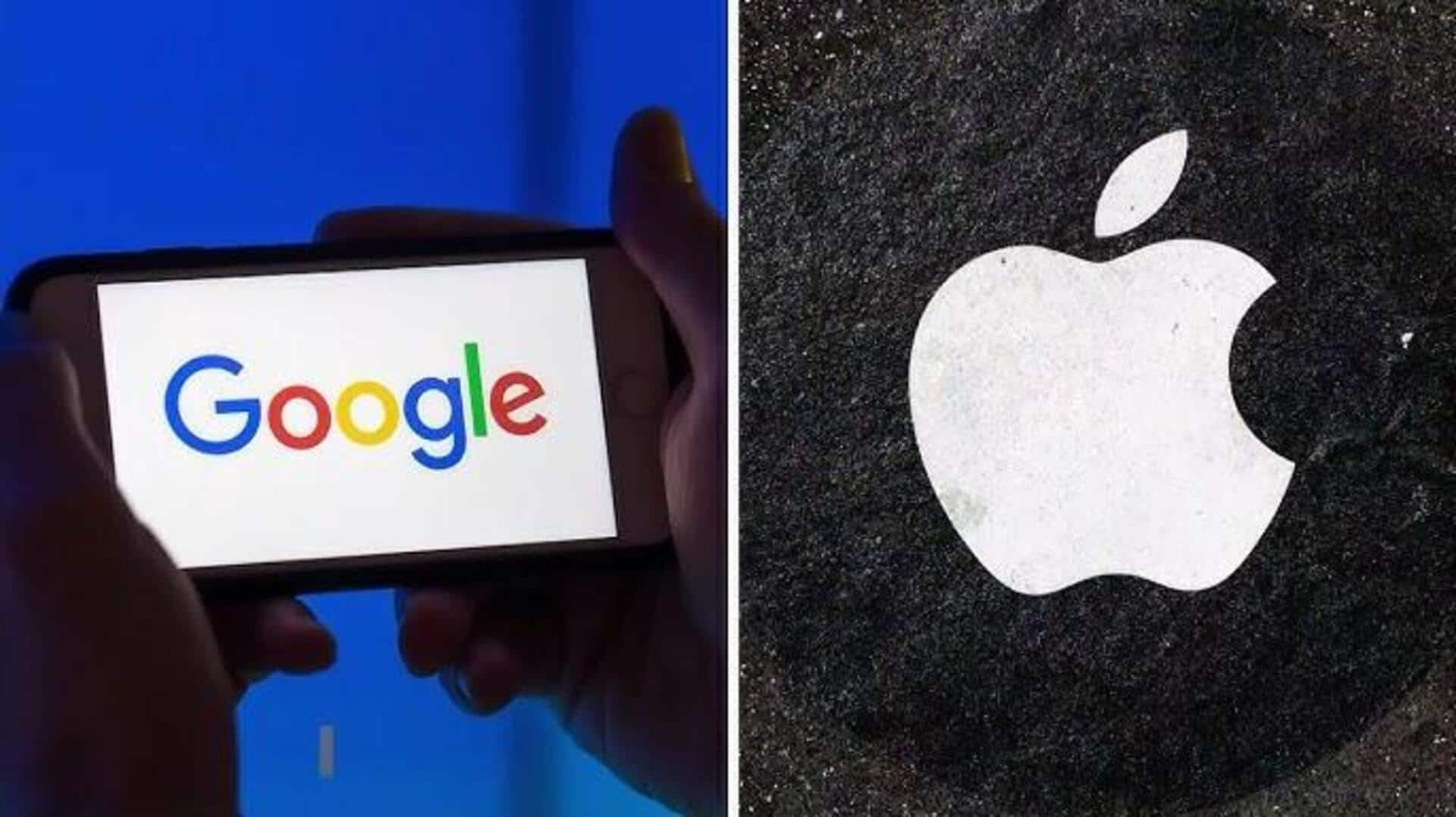
Apple, Google fined $3.1M in Brazil over FaceApp privacy concerns
What's the story
Apple and Google are staring at hefty fines in Brazil over privacy concerns tied to the widely-used photo-editing app, FaceApp. A Brazilian judge has slapped a fine of roughly $3.1 million on both tech giants for distributing the app, which is alleged to have exploited user data without proper consent. The companies are also fined about $82 per user who downloaded FaceApp in Brazil since June 2020, which could further amplify the financial ramifications of this ruling.
Privacy violation
FaceApp's deceptive practices under scrutiny
FaceApp, famous for its dramatic photo-editing capabilities such as aging effects and facial transformations, is at the heart of this controversy. Brazilian regulators accuse the app of using deceptive practices to collect personal data. They allege FaceApp gains access to user data under false pretenses through loopholes in its terms of service (ToS). The case is further complicated by lack of a Portuguese-translated ToS, preventing Brazilian users from fully understanding the app's privacy implications.
Legal standpoint
Judge highlights violation of Brazilian law
Judge Douglas de Melo Martins stressed that Brazilian law prohibits the wrongful collection of personal data without informed consent, which makes FaceApp's practices a blatant violation. The ruling could set a precedent for holding app distributors accountable for privacy violations — not just in Brazil, but even in other jurisdictions. Both Apple and Google are likely to appeal the decision.
Regulatory changes
Brazilian regulator's push for sideloading
Apart from this case, Brazilian regulator CADE is also pushing Apple to allow sideloading. This would let users install apps like FaceApp directly, without going through the App Store. However, this could make regulating apps with dubious practices difficult as sideloaded apps wouldn't be subject to the same scrutiny. The ruling has reignited debates on platform providers' responsibilities like Apple and Google amid rising global privacy concerns.